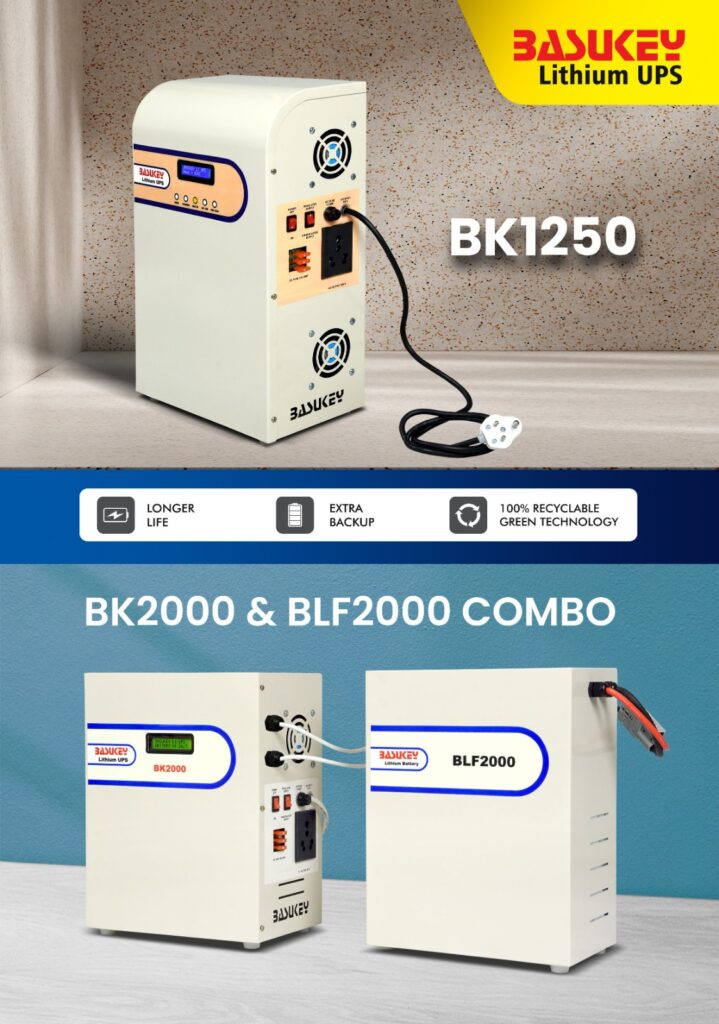Power Autonomy Redefined: The Rise of Intelligent Lithium UPS Systems
Power Autonomy Redefined: The Rise of Intelligent Lithium UPS Systems. In an era where uninterrupted power is a necessity rather than a luxury, businesses and industries are shifting toward smarter, more efficient energy solutions. Traditional power backup systems are no longer sufficient to meet the demands of modern infrastructure. Enter intelligent Lithium UPS systems—the next generation of power autonomy that combines advanced battery technology with AI-driven energy management to ensure seamless operations in any scenario.
The Shift Toward Smarter Energy Storage
Legacy lead-acid UPS systems have long been the standard for power backup. However, they come with significant limitations, including:
- Slow recharge rates that extend downtime between outages.
- Shorter lifespan, requiring frequent battery replacements.
- Heavy and bulky designs, increasing storage and maintenance costs.
- Limited efficiency, resulting in energy wastage.

The Intelligence Factor: How AI is Enhancing Lithium UPS
Today’s intelligent Lithium UPS systems are not just passive energy backups—they actively optimize power distribution, predict failures, and enhance efficiency using AI and machine learning algorithms. Key advancements include:
1. Predictive Maintenance & Self-Healing Systems
Traditional UPS systems fail without warning, leading to unexpected downtime. AI-integrated Lithium UPS systems use real-time diagnostics to:
- Detect battery wear and predict potential failures.
- Automatically recalibrate power loads to prevent overuse.
- Extend the overall lifespan of the battery system.
2. Smart Load Balancing & Energy Optimization
Lithium UPS systems with dynamic load balancing adjust power delivery based on demand. This ensures:
- Prioritization of critical equipment during outages.
- Energy-efficient power allocation, reducing unnecessary consumption.
- Seamless integration with renewable energy sources, such as solar and wind.
3. Grid-Interactive Capabilities
Unlike traditional UPS units, intelligent Lithium UPS can:
- Feed stored energy back to the grid during peak hours.
- Automatically switch between grid and battery power to optimize energy costs.
- Work with smart grids to enhance demand-response strategies.
Why Lithium UPS is the Future of Power Backup
The rise of intelligent Lithium UPS systems is revolutionizing industries where continuous power availability is critical, including:
1. Data Centers & IT Infrastructure
- Protects against server crashes and data corruption.
- Supports high-density computing environments without power interruptions.
- Enables remote monitoring and AI-driven fault detection.
2. Healthcare & Emergency Services
- Ensures life-saving equipment remains operational.
- Provides instantaneous power switchover to prevent disruptions.
- Reduces the risk of battery failure during emergencies.
3. Industrial & Manufacturing Facilities
- Protects against voltage fluctuations that can damage machinery.
- Ensures automation and robotics systems function without interruption.
- Enhances overall power efficiency with real-time analytics.
The Road Ahead: A Fully Autonomous Energy Future
The evolution of intelligent Lithium UPS systems marks a significant step toward energy autonomy. As AI continues to enhance energy management, we are moving toward a future where power backup is not just about reacting to outages but proactively preventing them.
Businesses investing in next-generation Lithium UPS solutions will benefit from:
a. Lower operational costs due to extended battery life.
b. Enhanced energy efficiency through AI-driven power optimization.
c.Uninterrupted business operations, even in extreme conditions.
